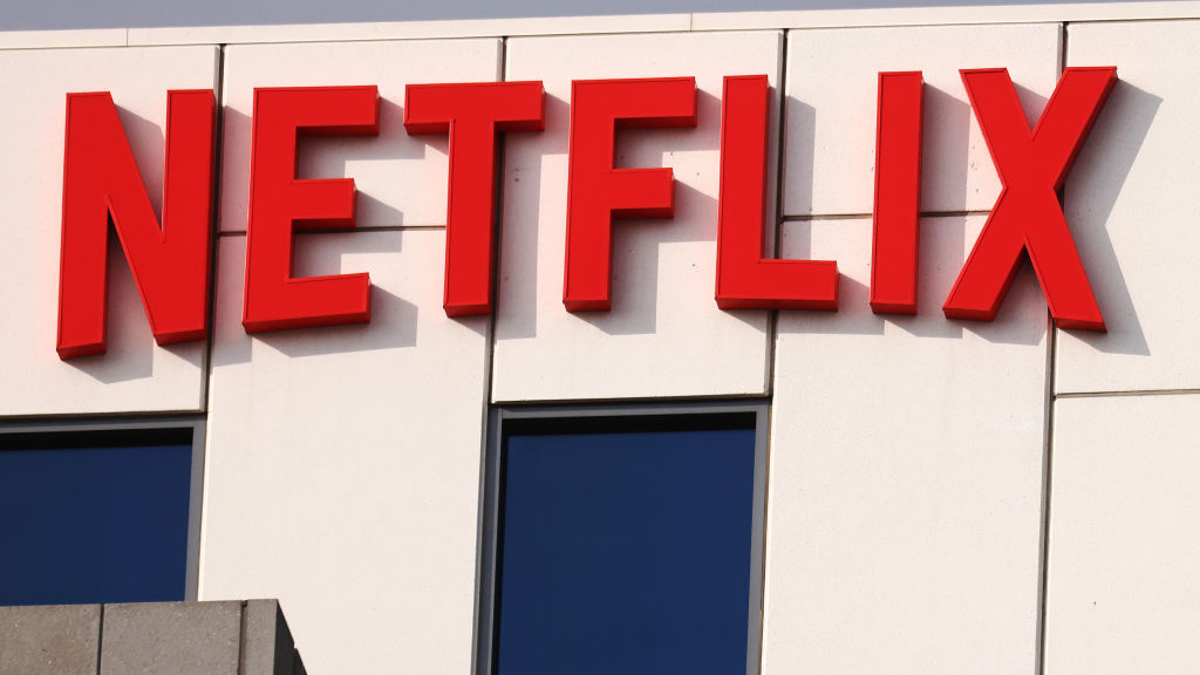Streaming giant Netflix hasn’t had the best few months in terms of publicity. Firstly, the news that it was going to limit password sharing was received terribly by the internet, and in recent weeks its payment practices have come under fire thanks to the SAG-AFTRA strike. However, the company has finally given subscribers some good news.

As per Variety, the streaming company has confirmed it is “more than a year out” from any price increases in its major markets, which includes America. This is because it is keen to continue the revenue growth that allegedly came from its password sharing crackdown.
In general, the company has paused price increases since the crackdown, with CFO Spencer Neumann claiming this is because of “new paid memberships…largely driven by our paid-sharing rollout.” The tech company reported its Q2 earnings yesterday, and with it announced almost 6 million new paid subscribers. Despite this, share prices dropped as Netflix’s quarterly revenue of $8.19 billion was just short of the $8.3 billion value the markets had predicted. Netflix didn’t give a firm number on how much of this was driven exclusively by the crackdown.
The content aggregator-turned-creator last increased U.S. prices over a year ago, raising the cost of its standard plan by just over 10 percent (from $13.99 to $15.49/month). In the States, adding an extra member to your account will set you back an additional $7.99/month, whether you’re on standard or premium. This only applies to account users who are accessing the service from outside the main bill payer’s household.

Netflix is also looking to expand the new password-sharing rules in some of their smaller markets. However, it won’t be offering the option of adding additional members to accounts, instead making all households get their own accounts. Its reasoning for this was the fact that prices for the service had actually been cut in many of these countries (notably Croatia, India, Indonesia, and Kenya). Because many of these markets have massive potential, Netflix executives seem to have decided there is enough latent demand to drive income from these nations to much higher levels.
U.S. and U.K. customers who were once on the lowest-cost basic plan ($9.99/month in the States, and £4.99/month across the Atlantic) will no longer have access to that cheaper option, as the company seeks to grow subscriber numbers for its standard plan. So, not all decisions Netflix has made seem like they’ll help the countless people currently struggling with the cost of living.

